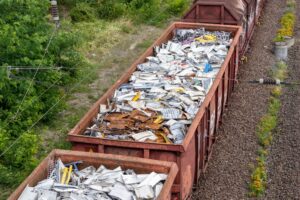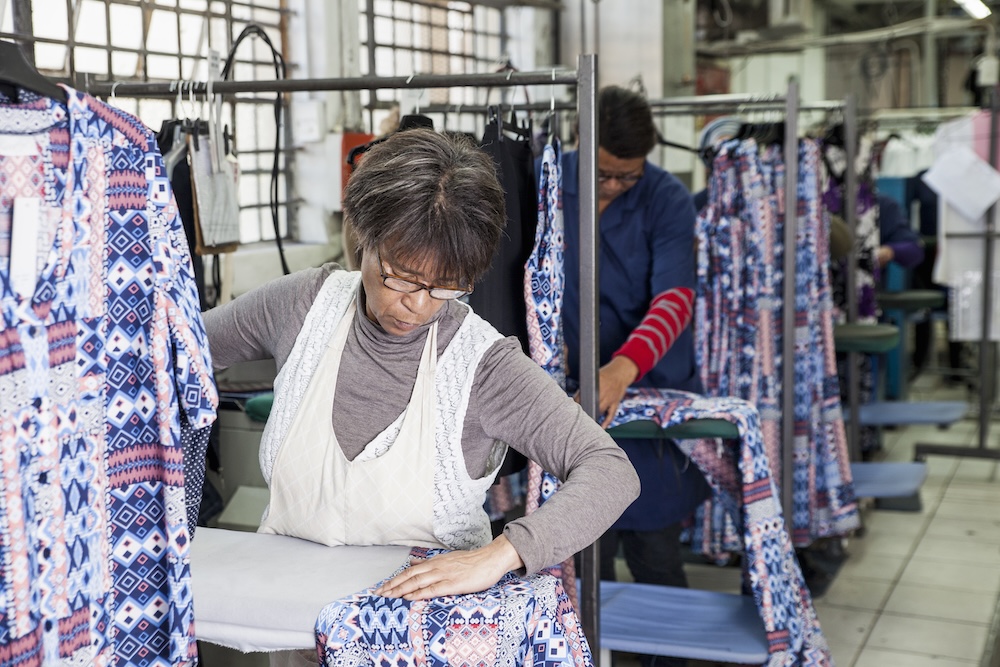Behind the low prices of many everyday products lies a hidden cost: unsafe conditions, unfair wages, and exploitation of workers worldwide. Ethical labor isn’t just a moral choice — it’s a necessary correction in industries where profits often outweigh people. Supporting companies that uphold labor rights in these high-risk sectors helps drive systemic change.
Why Ethical Labor Matters
Ethical labor means fair wages, safe conditions, freedom from forced or child labor, and respect for workers’ rights to organize. In industries where abuses are common, consumer and investor choices have ripple effects that pressure companies to change their practices.
Top Industries Where Ethical Labor Is Needed Most
1. Fashion and Textiles
The global fashion industry employs millions of garment workers, many in unsafe factories earning less than a living wage. Fast fashion’s rapid production cycles intensify exploitation. Tragedies like the 2013 Rana Plaza collapse revealed the urgent need for systemic reform.
What to support: Brands with transparent supply chains, fair-trade certifications, and commitments to slow or circular fashion.
2. Electronics and Technology
From smartphones to laptops, the tech industry depends on supply chains tied to conflict minerals, forced labor, and e-waste hazards. Workers in cobalt and lithium mines, essential for batteries, often face dangerous conditions and child labor risks.
What to support: Companies committed to responsible sourcing (e.g., RMI’s Responsible Minerals Initiative), fair factory standards, and take-back programs.
3. Agriculture and Food Production
Food systems rely heavily on migrant and seasonal labor, where workers face low pay, pesticide exposure, and poor housing conditions. In cocoa, coffee, and palm oil production, child labor and deforestation remain intertwined.
What to support: Fair-trade, Rainforest Alliance, or organic certifications that audit labor as well as environmental practices.
4. Mining and Extractives
Gold, coal, and rare earth minerals often come from mines with severe human rights violations. Workers may lack protective equipment, face dangerous tunnels, or be trapped in exploitative contracts.
What to support: Certified responsible mining initiatives, recycled materials, or alternatives that reduce dependence on destructive extraction.
5. Agriculture of the Sea (Fisheries)
Industrial fishing has been linked to forced labor, human trafficking, and bonded work on vessels, particularly in Southeast Asia. Lack of monitoring at sea makes abuses hard to detect.
What to support: Certified sustainable seafood programs that integrate labor standards, and local fisheries with transparent supply chains.
6. Construction and Infrastructure
Construction projects in parts of the Middle East and Asia rely on migrant workers with few protections, often facing debt bondage, withheld passports, and extreme conditions.
What to support: Builders that follow international labor standards, contracts that guarantee worker rights, and housing projects certified for fair labor.
What’s Changed in Recent Years?
- More transparency: Investor and consumer demand for supply-chain disclosure is rising.
- Stronger policies: Laws like the EU’s Corporate Sustainability Due Diligence Directive and the U.S. Uyghur Forced Labor Prevention Act are pushing companies to prove clean supply chains.
- Growing worker voice: Social media and global campaigns are amplifying workers’ demands for fair treatment.
FAQs
Why focus on these industries first?
These sectors have documented histories of systemic labor exploitation and global supply chains where abuses are difficult to monitor.
Can consumer choices really make a difference?
Yes. When consumers favor fair-trade, certified, or transparent brands, they create financial incentives for companies to improve practices.
Isn’t ethical labor more expensive?
Sometimes, but higher costs reflect the real value of safe work and fair wages. Long-term, ethical practices can reduce turnover, improve quality, and build stronger supply chains.
Final Thoughts
Supporting ethical labor isn’t just about compassion — it’s about justice and systemic change. By choosing products and companies that uphold fair labor in fashion, tech, food, mining, fisheries, and construction, consumers send a signal that exploitation is no longer acceptable.
Small shifts — like buying fair-trade coffee, repairing a phone instead of replacing it, or supporting brands with transparent supply chains — create ripples that pressure industries to transform. Those ripples grow into waves, reshaping how we value human dignity across the global economy.









Reader Interactions